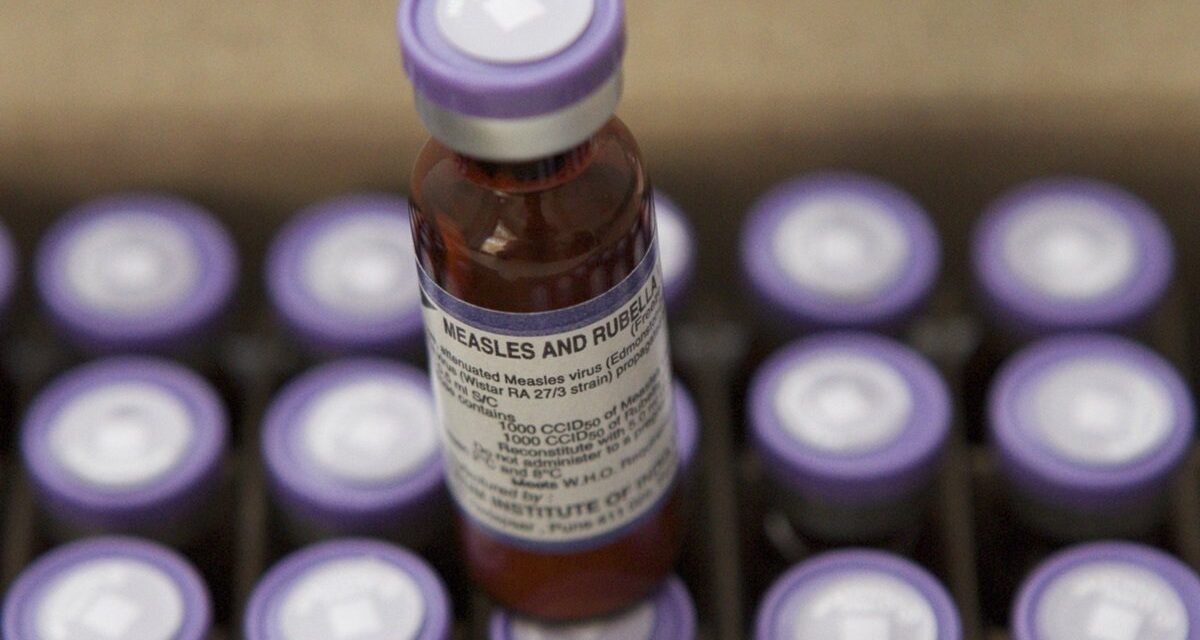Read Time:2 Minute, 44 Second

MANILA, Philippines l Singapore has eliminated rubella, the World Health Organization (WHO) Regional Verification Commission for Measles and Rubella Elimination for the Western Pacific announced today.
“Singapore has been working progressively towards meeting the criteria for rubella elimination following our attainment of measles elimination status in 2018. We are very pleased to be verified by the Regional Verification Commission to have met the criteria for rubella elimination. We will continue to maintain our efforts in the prevention and control of rubella through a robust immunization programme, disease surveillance and swift response,” said Professor Vernon Lee, Senior Director, Communicable Diseases, Ministry of Health, Singapore.
A viral infection occurring most often in children and young adults, rubella is the leading vaccine-preventable cause of birth defects worldwide. While no specific treatment exists for rubella – which is transmitted by airborne droplets when infected people sneeze or cough – infection can be prevented with safe, effective and inexpensive vaccines.
Pregnant women who contract rubella are at risk for miscarriage or stillbirth, and their developing babies are at risk for birth defects with devastating, lifelong consequences, including deafness, cataracts, heart defects and intellectual disabilities.
“The elimination of rubella is great news for pregnant women and children in Singapore. It shows once again the value of vaccines in protecting people from debilitating and deadly diseases,” said Dr Huong Tran, Director of Programmes for Disease Control in the WHO Western Pacific Region.
“At a time when countries have been battling the COVID-19 pandemic, this public health achievement would not have been possible without strong collaboration between the Government, health workers, partners and, most importantly, families and communities,” she added.
In the Western Pacific Region, seven countries and areas have interrupted endemic transmission of the virus that causes rubella: Australia, Brunei Darussalam, Hong Kong SAR (China), Macao SAR (China), New Zealand, the Republic of Korea and Singapore.
Over the past decade, rubella cases have decreased dramatically in the Region, as millions of babies and young children have been reached with measles- and rubella-containing vaccines through measles elimination activities.
However, challenges persist in the Region. Outbreaks have occurred among children and adults in several countries, and children have missed routine immunizations due to health service disruptions and postponements of immunization campaigns during the pandemic. Between 2020 and 2021, regional rubella vaccination coverage dropped to 91% from 94%, increasing the risk of preventable deaths and birth defects from rubella.
“Our progress towards measles and rubella elimination in the Western Pacific must not be reversed,” Dr Tran said. “We can eliminate rubella from the Region and ensure that no child dies or suffers a birth defect from an easily preventable disease.”
The Commission verified that Singapore had met all elimination criteria, including the interruption of transmission since 2019. The verification is a testament to the vital role played by immunization services and the importance of sustaining progress made to eliminate rubella, even during the pandemic.
At the 2017 session of the WHO Regional Committee for the Western Pacific, countries committed to eliminate measles and rubella as soon as possible. The Regional Committee urged Member States to develop or update national action plans, dedicate adequate technical and financial resources for their implementation and ensure that immunization services reach everyone so that no one is left behind.

Happy
0
0 %

Sad
0
0 %

Excited
0
0 %

Sleepy
0
0 %

Angry
0
0 %

Surprise
0
0 %












